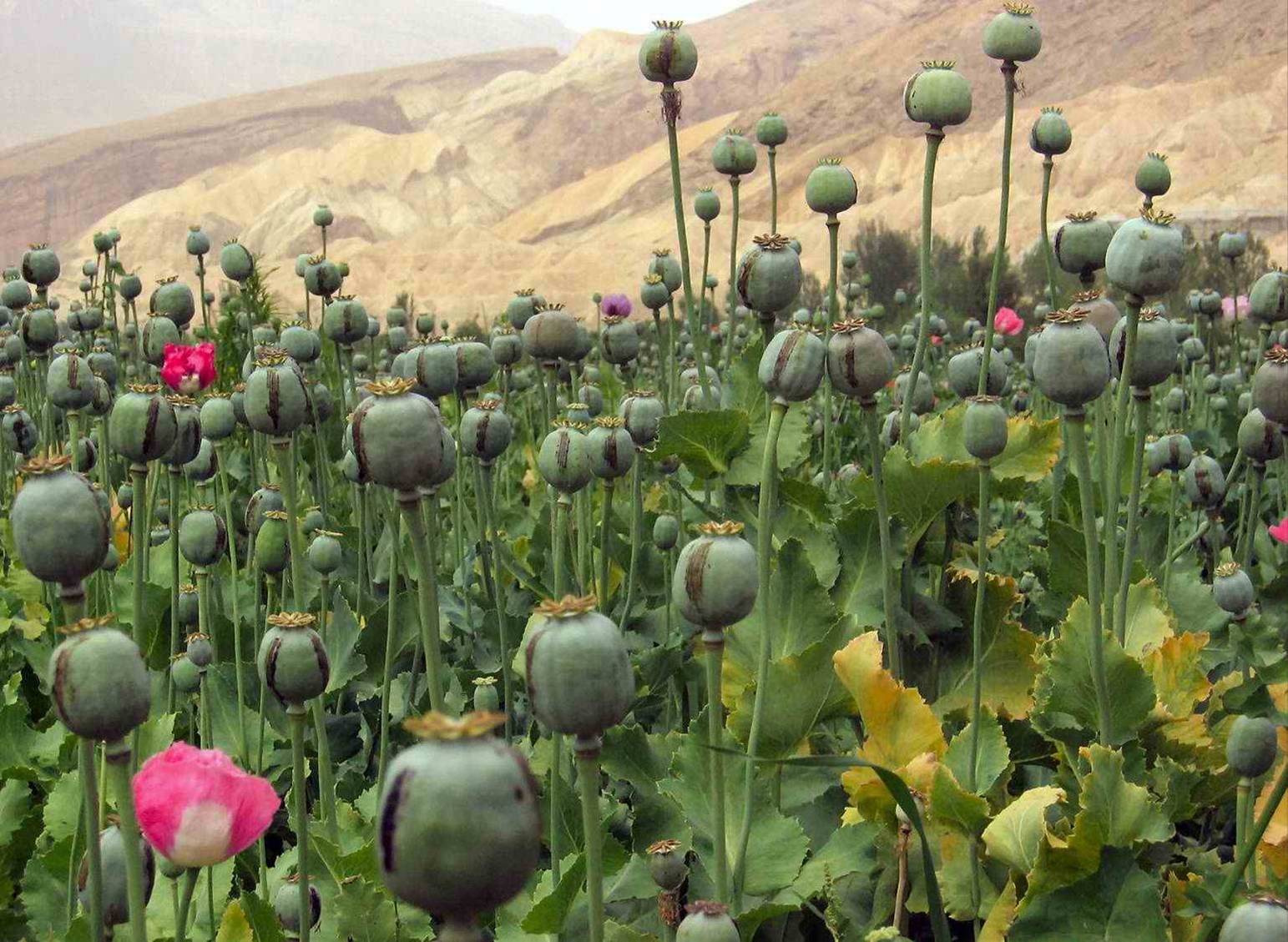By Spencer Ackerman
'Opium poppy cultivation is up in Afghanistan despite the infamous mercenary firm formerly known as Blackwater being paid $569m by the Pentagon to stop it.'In a war full of failures, the US counternarcotics mission in Afghanistan stands out: opiate production has climbed steadily over recent years to reach record-high levels last year.
Yet there is a clear winner in the anti-drug effort – not the Afghan people, but the infamous mercenary company formerly known as Blackwater.
Statistics released on Tuesday reveal that the rebranded private security firm,known since 2011 as Academi, reaped over half a billion dollars from the futile Defense Department push to eradicate Afghan narcotics, some 32% of the $1.8bn in contracting money the Pentagon has devoted to the job since 2002.
The company is by far the biggest beneficiary of counternarcotics largesse in Afghanistan. Its closest competition, the defense giant Northrop Grumman, claimed $250m.
According to the US inspector general for Afghanistan “reconstruction”, the $569m Academi got from US taxpayers paid for “training, equipment, and logistical support” to Afghan forces conducting counternarcotics, such as “the Afghan National Interdiction Unit, the Ministry of Interior, and the Afghan Border Police”.
Far from eradicating the deep-rooted opiate trade, US counternarcotics efforts have proven useless, according to a series of recent official inquiries. Other aspects of the billions that the US has poured into Afghanistan over the last 13 years of war have even contributed to the opium boom.
In December, the United Nations reported a 60% growth in Afghan land used for opium poppy cultivation since 2011, up to 209,000 hectares. The estimated $3bn value of Afghan heroin and morphine represents some 15% of Afghan GDP.
“Given the growth in opium poppy cultivation, it must be assumed that the Taliban’s income from the illegal trade in narcotics has remained an important factor in generating assets for the group,” the United Nations reported.
That same month, the US inspector general for Afghanistan warned that the opium trade would surely rise as international aid money flees the country with the winding down of the war. Yet the inspector general also noted that US reconstruction projects, particularly those devoted to “improved irrigation, roads, and agricultural assistance” were probably leading to the explosion in opium cultivation.
“[A]ffordable deep-well technology turned 200,000 hectares of desert in southwestern Afghanistan into arable land over the past decade,” the inspector general found, concluding that “much of this newly arable land is dedicated to opium cultivation”.
Academi and its former Blackwater incarnation have an infamous history in Afghanistan. It once set up shell companies to disguise its business practices, according to a Senate report, so that its contracts would be unimpeded by company employees’ killings of Iraqi and Afghan civilians.
Blackwater’s founder, Erik Prince, sold the company – then renamed “Xe” – in 2010. Under new ownership, the firm occasionally gestures toward emphasizing its original business training military and police personnel, but it has never quite divested itself of its security contracting business.
In 2010, Blackwater was one of a group of firms selected by the State Department for its $10bn contract to protect its diplomats worldwide, precisely the mission Blackwater performed when its agents opened fire on Iraqi civilians at Baghdad’s Nisour Square in 2007 and turned the company into the ugly face of private security. The following year, the firm’s newly installed CEO pledged, “We’re not backing away from security services.”
A spokesman for Academi’s parent company, the Constellis Group, said that the current firm had separated itself from its Blackwater ancestry.
“When the ownership of Constellis Group purchased our Moyock, N.C. training facility in 2010, Blackwater as the world knew it ceased to exist,” said spokesman Tom McCuin.
“Since then, the new ownership, through a completely new management team, have worked diligently to establish a reputation for competence and accountability. I realize that for many skeptics, we have a long way to go toward winning their trust, and that for some, nothing we do will ever change their view. I can only reiterate how committed we are to delivering what we promise.”

No comments:
Post a Comment